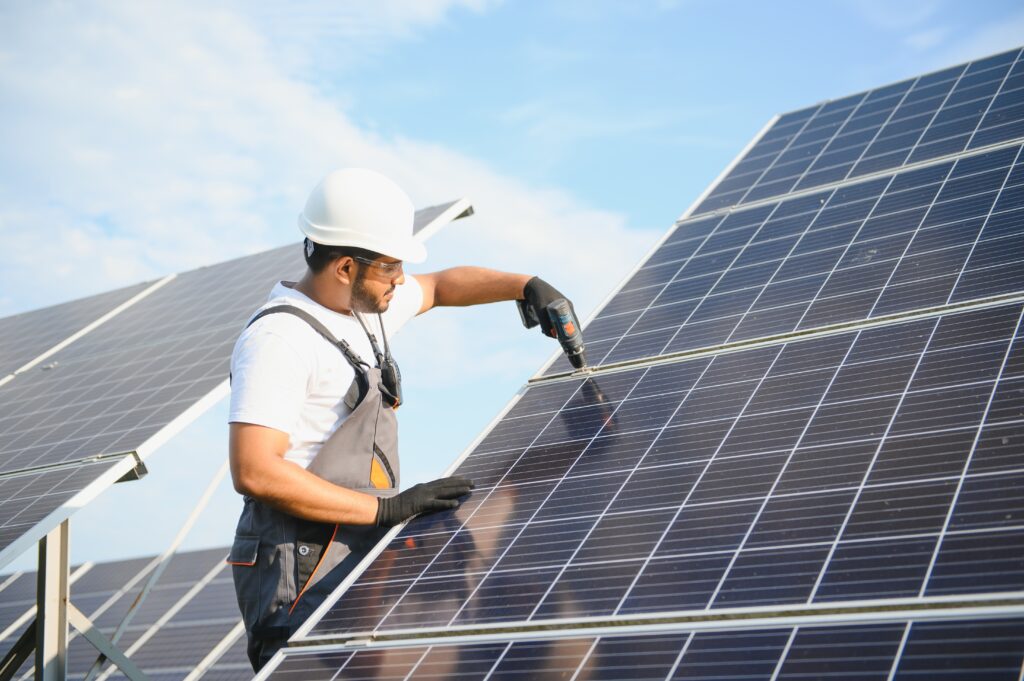The US Commerce Department is planning tariffs as high as 3,521% on solar panel imports from Cambodia, Malaysia, Thailand, and Vietnam. This decision targets Chinese solar companies that shifted production to these countries to avoid earlier trade penalties. The move comes after American manufacturers asked the Biden administration to act against unfair trade practices.
Chinese Firms Shift Production Abroad
In a recent investigation, the Commerce Department found that many Chinese solar firms were using Southeast Asian countries to sidestep US tariffs. These companies set up factories in countries like Cambodia and Thailand but remained under Chinese control.
Sky-High Tariffs Based on Cooperation
The new tariffs vary depending on the company and how much they cooperated with the investigation. Cambodian companies that did not participate fully face the highest rates. Some may have to pay up to 3,521% in duties.
-
Jinko Solar, a Chinese firm with production in Malaysia, faces a 41% tariff.
-
Trina Solar, which operates in Thailand, will see a 375% duty.
US Solar Firms Applaud the Move
American solar manufacturers praised the decision. They say Chinese companies have long undercut US firms by dodging earlier tariffs.
“This confirms what we have been saying for years,” said Tim Brightbill, a lawyer for the Solar Manufacturing Trade Committee. “Chinese companies are avoiding trade laws by moving operations abroad.”
Billions in Imports at Risk
In 2023, the US imported nearly $12 billion worth of solar products from the four targeted countries. The new tariffs may help US producers but could increase costs for solar panel installers and consumers. Experts warn that these changes might slow solar energy projects across the country.
China Pushes Back Against Tariffs
China has not remained silent. After the US announcement, Chinese leaders said they would take strong action in return.
-
China has already placed a 125% tax on US imports.
-
They may increase it further if the US follows through on the solar tariffs.
Xi Jinping Speaks Out During Regional Tour
President Xi Jinping recently toured Vietnam, Malaysia, and Cambodia. During his trip, he criticized the US for its trade policies. He called on regional partners to resist what he termed “unfair and bullying” US actions.
China’s foreign ministry said, “The US is harming cooperation and pushing for economic decoupling.”
Final Decision Coming in June
The US International Trade Commission will make the final decision in June 2025. If they approve the tariffs, the duties will become official.
These new duties add to tariffs already in place:
-
The Trump administration imposed up to 145% tariffs on Chinese-made solar products.
-
The Biden administration added a 10% duty on imports from several countries, active until July.
Concerns from Clean Energy Advocates
Not all voices in the solar industry support the new tariffs. Clean energy groups fear they may slow down the renewable energy transition.
“This could delay projects and raise costs,” said Lisa Connors, an energy policy analyst. “The US must balance fair trade with the need to fight climate change.”
Installers and energy companies now face higher prices. Some may delay or cancel solar projects if costs rise too much.
A Push for US Solar Growth
The US is trying to increase domestic solar production. The Inflation Reduction Act includes tax breaks and funding for clean energy projects at home.
But it will take time before American manufacturers can meet demand. Until then, expect price swings and project delays in the solar sector.


